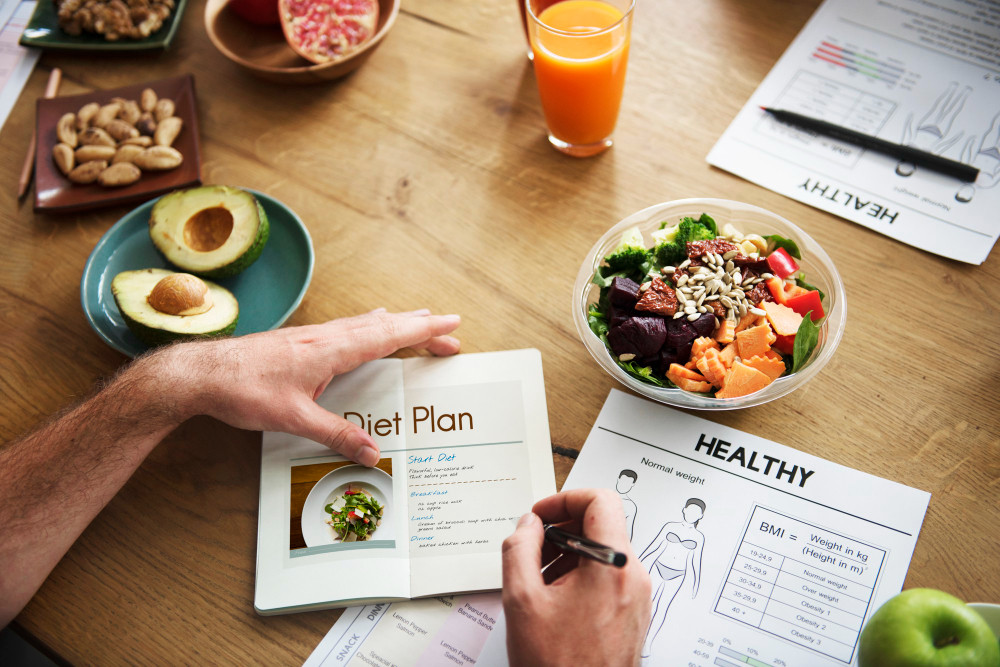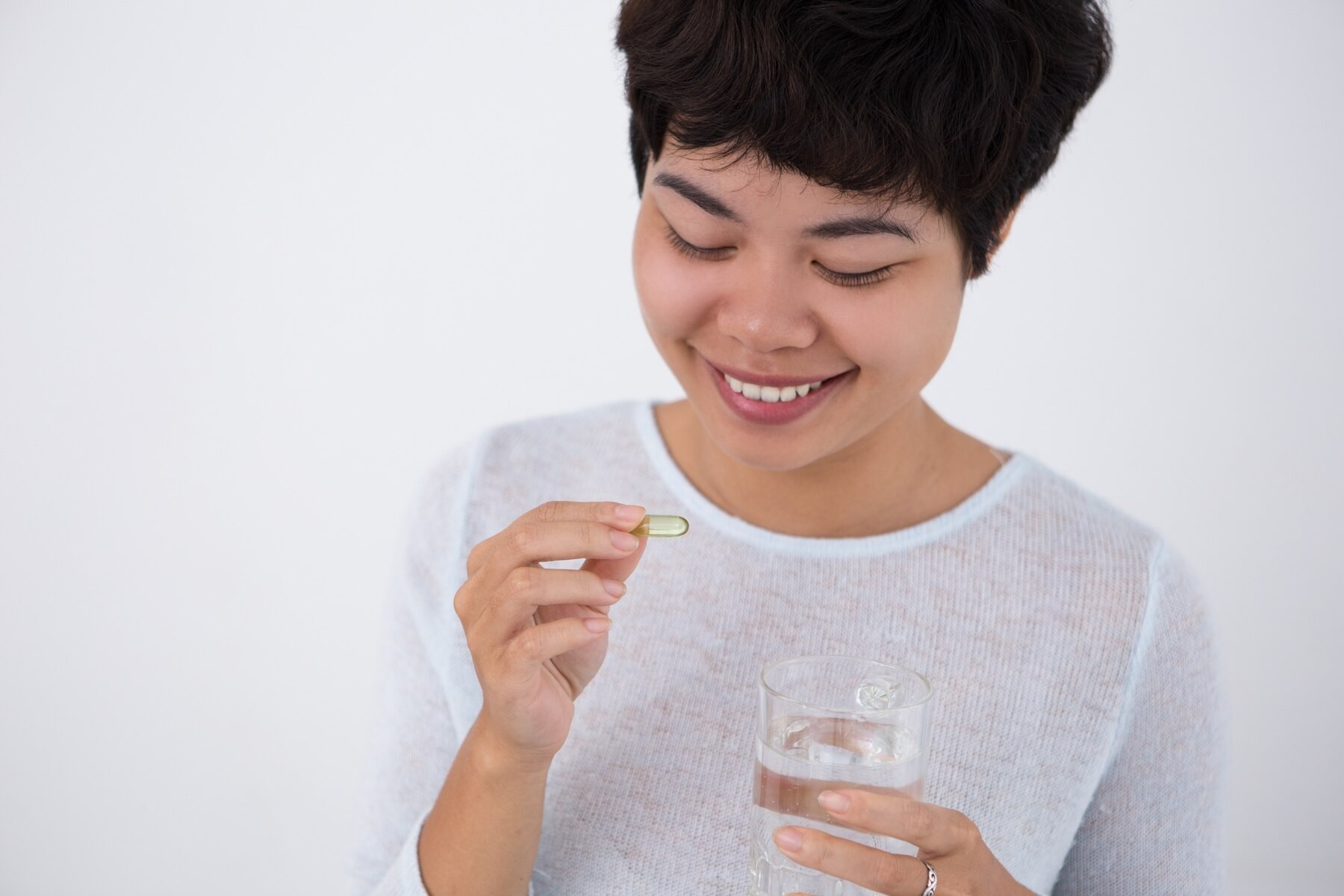Mengisi akhir tahun dengan berkumpul bersama keluarga dan teman adalah hal yang menyenangkan. Di momen ini biasanya disajikan banyak makanan berlemak, minuman manis, dan juga minuman beralkohol. Meskipun tradisi ini hanya sesekali saja dilakukan, penting untuk tetap mengontrol agar tidak makan dan minum alkohol berlebihan serta terhindar dari holiday heart syndrome.
Apa itu Holiday Heart Syndrome?
Saat liburan akhir tahun berakhir, masalah jantung biasanya meningkat sehingga muncul fenomena holiday heart syndrome. Holiday heart syndrome terkait dengan atrial fibrilasi (AFib), yaitu ketika detak jantung menjadi tidak teratur dan tidak sinkron akibat konsumsi alkohol yang berlebihan.
Ketidakteraturan detak jantung ini menyebabkan aliran darah yang tidak efisien dan meningkatkan risiko pembekuan darah. Orang dengan riwayat masalah jantung memiliki risiko lebih tinggi mengalaminya. Namun, orang tanpa riwayat jantung juga bisa mengalami AFib bila mengonsumsi alkohol secara berlebihan dalam waktu singkat.
Holiday heart syndrome bisa menjadi kondisi yang serius dan menyebabkan komplikasi jangka panjang, seperti gagal jantung dan stroke. Untuk itu, Anda perlu mengendalikan konsumsi alkohol agar kesehatan jantung dan tubuh secara keseluruhan tetap terjaga.
Baca Juga: Kenali Jenis dan Gejala Serangan Jantung
Gejala Holiday Heart Syndrome
Karena holiday heart syndrome berkaitan dengan atrial fibrilasi (AFib), maka gejala yang dirasakanpun kurang lebih sama, di antaranya:
- Kekurangan energi
- Merasa lebih lelah dan tidak berenergi dibandingkan hari biasanya
- Rasa tidak nyaman di dada
- Nyeri seperti ada tekanan di dada yang menyebabkan ketidaknyamanan
- Pusing
- Kepala terasa ringan dan pusing seperti mau pingsan
- Jantung berdebar dan berdegup lebih kencang
- Kesulitan bernapas
Anda mungkin merasakan kesulitan bernapas atau bernapas tidak lega walaupun saat sedang beristirahat dan tidak melakukan aktivitas berat.
Efek Alkohol vs Gejala AFib
Konsumsi minuman beralkohol dapat menyebabkan jantung berdegup lebih cepat. Namun, ketika mengalami AFib, detak jantung menjadi tidak teratur, tidak sinkron, dan terasa berbeda dengan jantung berdebar-debar akibat konsumsi alkohol.
Sangat penting untuk membedakan jantung berdebar karena efek langsung alkohol atau AFib, sehingga bila Anda merasakan gejala AFib Anda bisa segera mencari pertolongan medis atau berkonsultasi dengan dokter untuk mendapatkan pemeriksaan dan evaluasi lebih lanjut.
Baca Juga: Cara Mengatasi Mabuk Alkohol (Hangover)
Berapa Banyak Minuman Alkohol yang Boleh Dikonsumsi?
Agar terhindar dari kondisi holiday heart syndrome, Anda perlu membatasi konsumsi minuman beralkohol tidak lebih dari 1 gelas per hari untuk wanita, dan tidak lebih dari 2 gelas per hari untuk pria.
Perlu dicatat bahwa bukan berarti panduan ini menyarankan Anda untuk mulai minum minuman beralkohol. Apabila sebelumnya memang Anda tidak minum minuman beralkohol, sebaiknya pilih minuman lain yang lebih aman dikonsumsi bagi kesehatan.
Bagaimanapun, minuman beralkohol dapat menyebabkan dampak negatif bagi kesehatan baik dampak jangka pendek maupun jangka panjang. Sebaiknya Anda meminimalisir konsumsi alkohol atau tidak minum sama sekali.
Anda merasakan adanya gejala holiday heart syndrome? Periksakan dan konsultasikan keluhan Anda ke dokter. Anda juga bisa memanfaatkan layanan konsultasi kesehatan dengan mengunduh aplikasi Ai Care melalui App Store atau Play Store.
Mau tahu informasi seputar penyakit lainnya? Cek di sini, ya!
- dr. Alvidiani Agustina Damanik
Alexandra Benisek (2022). Holiday Heart Syndrome: What to Know. Available from: https://www.webmd.com/heart-disease/atrial-fibrillation/holiday-heart-syndrome-what-to-know
Cleveland Clinic (2021). How You Can Avoid Holiday Heart Syndrome. Available from: https://health.clevelandclinic.org/can-avoid-holiday-heart-syndrome
Anubhav Jain, et all (2023). Holiday Heart Syndrome. Available from: https://www.ncbi.nlm.nih.gov/books/NBK537185
CDC (2022). Alcohol Use and Your Health. Available from: https://www.cdc.gov/alcohol/fact-sheets/alcohol-use.htm
Mayo Clinic (2023). Atrial fibrillation. Available from: https://www.mayoclinic.org/diseases-conditions/atrial-fibrillation/symptoms-causes/syc-20350624











